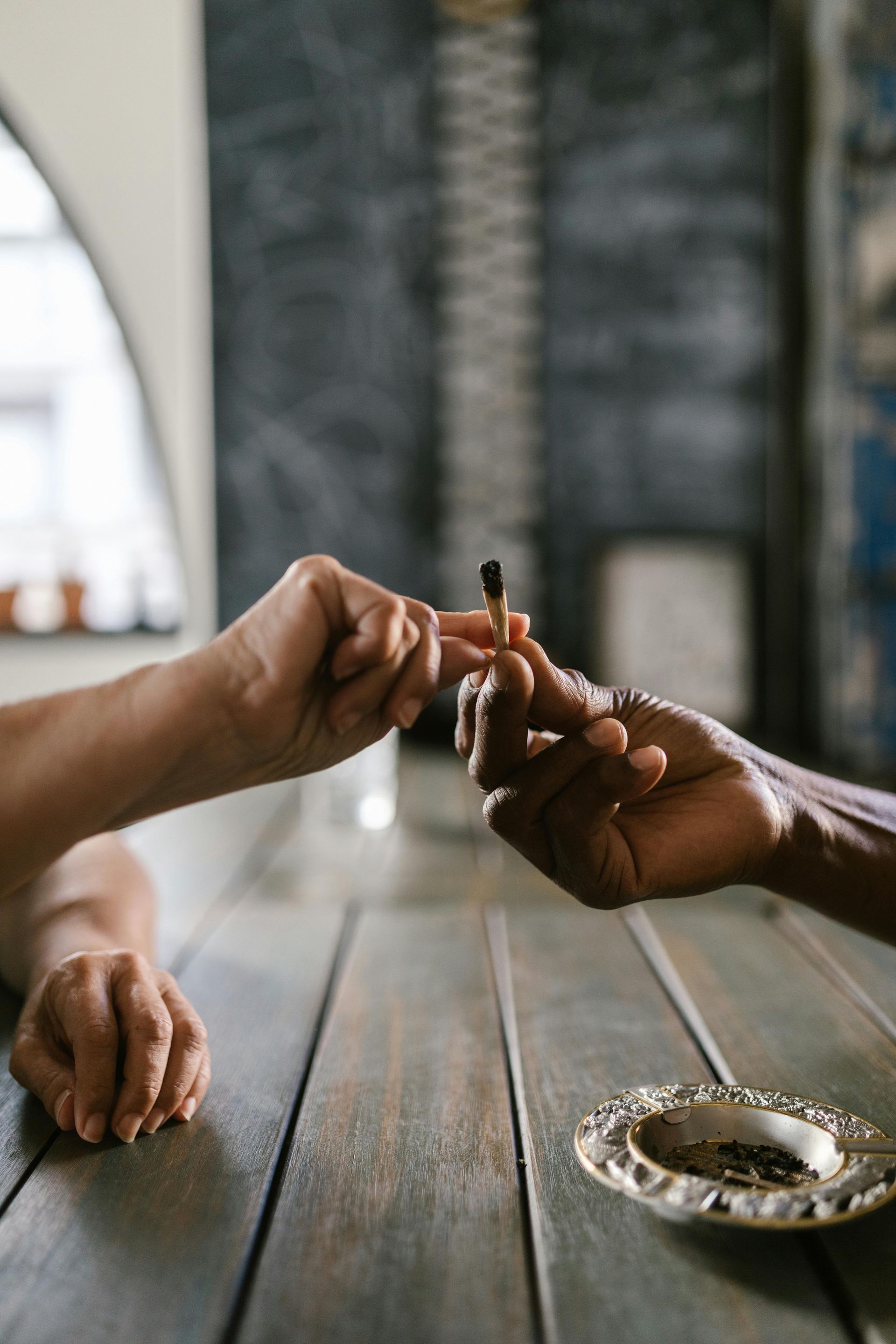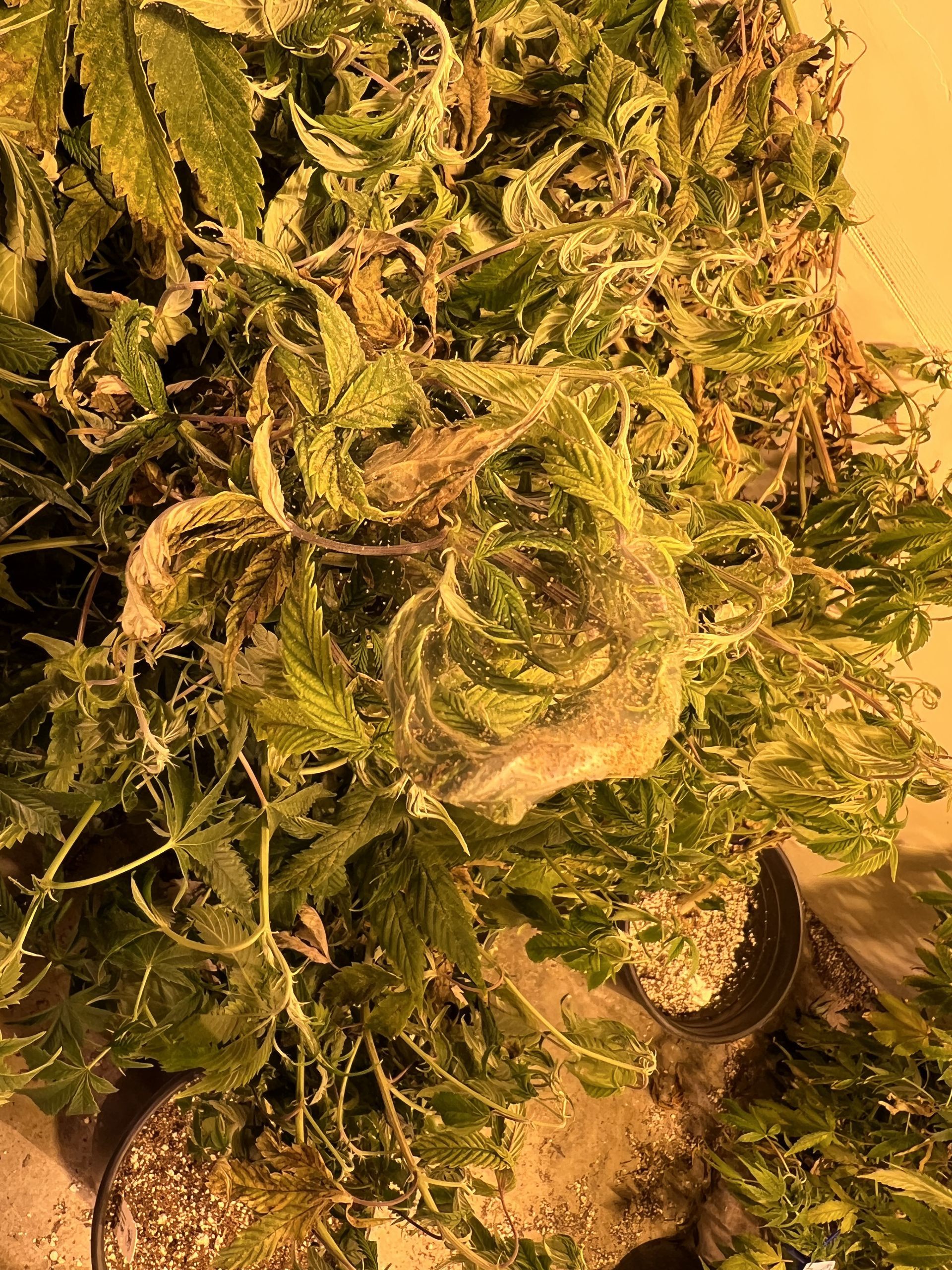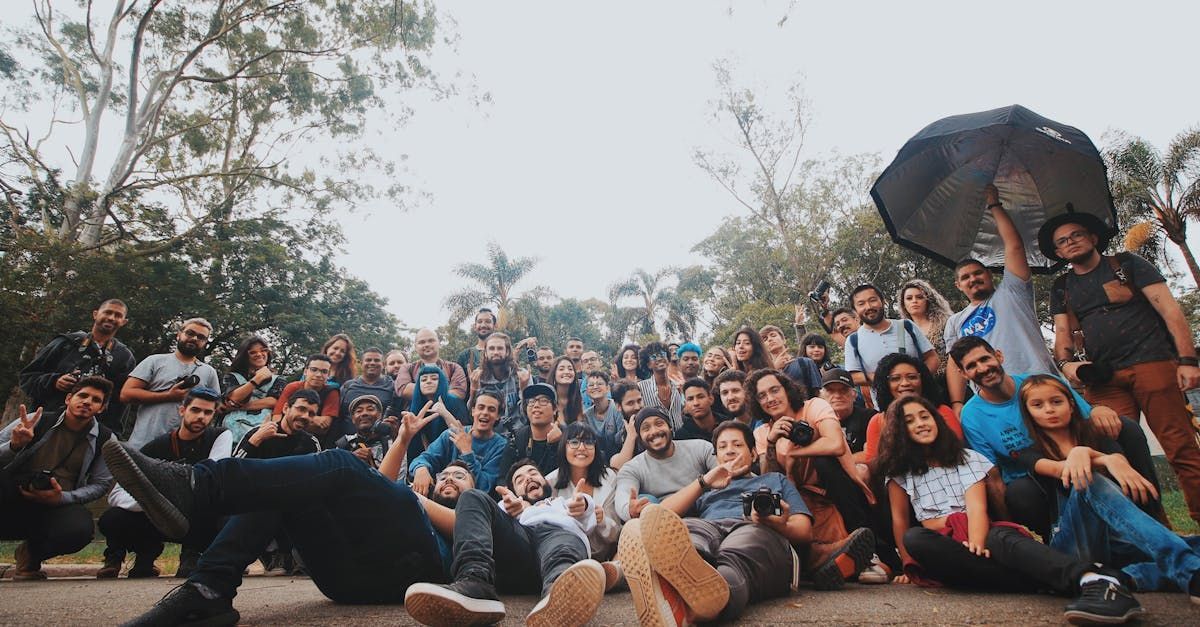
The Profound Intersection of Juneteenth and Cannabis Reform
The Profound Intersection of Juneteenth and Cannabis Reform
As we commemorate Juneteenth, a day that holds immense historical significance for African Americans, it is imperative to reflect on the ongoing struggle for true freedom and equality. This annual observance serves as a poignant reminder of the long and arduous journey towards liberation, a journey that continues today, intertwined with the fight for cannabis reform.
The origins of Juneteenth trace back to June 19, 1865, when Union soldiers arrived in Galveston, Texas, bearing the news that the Civil War had ended and that all enslaved people were now free. This momentous occasion marked the effective end of slavery in the United States, nearly two and a half years after the Emancipation Proclamation was issued by President Abraham Lincoln.
However, the road to true emancipation has been paved with obstacles and setbacks, as the legacy of slavery has persisted in various forms, including the disproportionate enforcement of drug laws and the criminalization of cannabis. The war on drugs, which gained momentum in the latter half of the 20th century, has disproportionately impacted communities of color, perpetuating systemic racism and mass incarceration.
The criminalization of cannabis, in particular, has driven racially discriminatory arrests and convictions. Despite the growing acceptance and legalization of cannabis across various states, it remains illegal at the federal level, and the consequences of its prohibition have been borne disproportionately by Black and Brown communities.
As we celebrate Juneteenth, we must acknowledge the inextricable link between the fight for cannabis reform and the broader pursuit of racial justice and equity. The ongoing criminalization of cannabis has not only fueled mass incarceration but has also created barriers to economic opportunities and generational wealth-building within marginalized communities.
Recent years have witnessed a wave of cannabis legalization efforts across the United States, with states like New York, Virginia, and New Jersey leading the charge in centering racial and social justice as the driving force behind their reform laws. These states have recognized the devastating impact of the war on drugs and have taken steps to address the wrongs of the past through measures such as automatic expungement of cannabis-related convictions and prioritizing social equity in the licensing process.
However, true freedom and equity are not achieved overnight. Just as the end of slavery did not immediately translate into equal rights and opportunities for African Americans, the legalization of cannabis does not instantly undo the generational harm inflicted by the war on drugs. The road ahead is paved with challenges, including ensuring that the economic opportunities presented by the legal cannabis industry are accessible to those who have been most impacted by criminalization.
As we celebrate Juneteenth, we must recommit ourselves to the principles of equity and inclusion in the cannabis industry, ensuring that the benefits of reform are shared equitably and that the voices of those most impacted are amplified. We must recognize that cannabis reform is not merely about legalizing a substance; it is about righting the wrongs of the past and creating a more just and equitable future.
At Terra Vita Holdings LLC, we are dedicated to elevating cannabis businesses and driving sustainable growth, but we also recognize the importance of doing so in a way that promotes social responsibility and addresses the historical injustices that have plagued our society. We stand in solidarity with those who continue to advocate for a more just and equitable cannabis industry, one that truly embodies the spirit of Juneteenth and the ongoing pursuit of freedom and equality.
As we commemorate this significant day, let us honor the resilience and perseverance of those who fought for freedom and continue to fight for justice. Let us celebrate the progress made while acknowledging the work that remains to be done. And let us embrace the profound intersection of Juneteenth and cannabis reform, recognizing that true liberation cannot be achieved until we dismantle the systemic barriers that have perpetuated inequality and oppression for far too long.
Three Ways to Be Proactive About Cannabis Reform
- Get Involved in Grassroots Activism: Real progress requires consistent involvement at town halls, district offices, and contacting policymakers. Grassroots advocacy and organizing are key to pushing for meaningful cannabis policy changes.
- Support and Advocate for Social Equity Programs: Many states legalizing cannabis include provisions to promote equity and repair harms from the War on Drugs. Advocate for inclusive legal cannabis markets, expungement of prior convictions, and reinvestment in impacted communities through cannabis tax revenue.
- Push for Data Transparency and Police Accountability: Advocate for policies that exclude arrest numbers as performance metrics for police funding to remove the incentive for over-policing low-level offenses. Also, push for routine public data collection and reporting on police practices like stops, searches, and arrests to identify and address racial disparities.https ://www.aclu.org/news/criminal-law-reform/our-vision-for-equitable-marijuana-reform
By getting involved at the grassroots level, promoting social equity in legalization efforts, and demanding greater police accountability and transparency, individuals can take proactive steps to further equitable cannabis reform in their communities and states.









